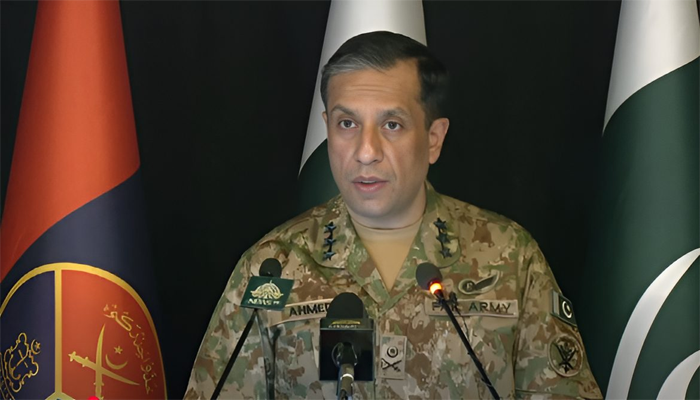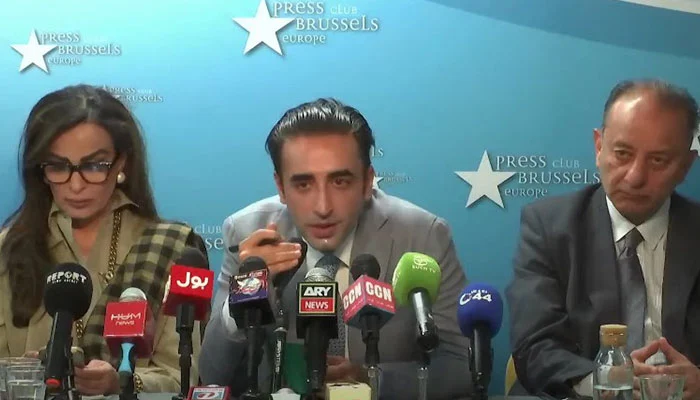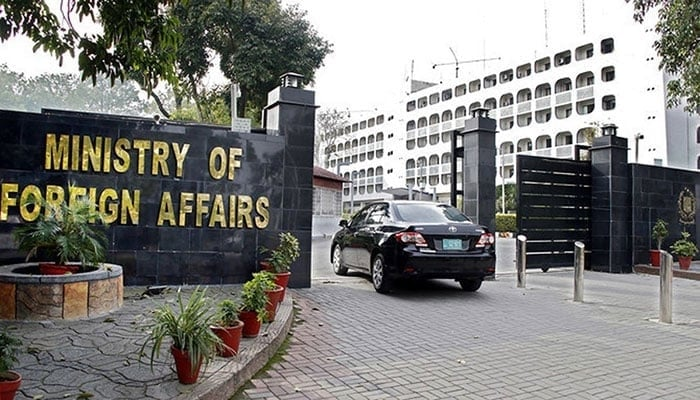ISLAMABAD: Pakistan’s military announced it had shot down 25 Israeli-made Harop drones launched by India over multiple cities, describing the incident as a "desperate and panicked" reaction to recent losses suffered by the Indian military.
According to a statement issued by the Inter-Services Public Relations (ISPR), the drones were intercepted using both electronic jamming and conventional weaponry after being detected in urban centers including Lahore, Karachi, Rawalpindi, Gujranwala, Bahawalpur, Mianwali, Chakwal, Chor, Miano, and Attock.
The ISPR confirmed that the drone incursions followed Pakistan’s retaliatory military action, in which it downed five Indian jets—three of them Rafale fighters—and destroyed several Indian posts along the Line of Control (LoC). Debris from the drones is being recovered, and Pakistan claims India has suffered significant losses since initiating missile attacks on Pakistani civilian infrastructure on the night of May 6–7.
Information Minister Ataullah Tarar declared the captured drones as “war trophies” during a session in the National Assembly, saying they would be preserved in museums as symbols of Pakistan’s defense. “These will be shown to our children to remind them that India resorted to drones after failing with its jets,” he said.
DG ISPR Lt Gen Ahmed Sharif Chaudhry noted that one of the drones caused minor damage to a military installation near Lahore. He confirmed that four army personnel were injured in the strike and one civilian was killed in Miano, Sindh. He warned that the attacks represent a pattern of aggression, asserting Pakistan's military remains fully prepared to defend national sovereignty.
Amid growing fears of a broader conflict between the two nuclear-armed nations, both sides reported significant casualties and losses. Pakistan has warned that India’s provocative military actions threaten not only regional peace but also international stability.
In a bid to ease tensions, the National Security Advisers (NSAs) of both countries—Pakistan’s Lt Gen Asim Malik and India’s Ajit Doval—have established direct communication. Pakistani Deputy Prime Minister and Foreign Minister Ishaq Dar confirmed the contact but declined to provide details. The dialogue follows intense diplomatic efforts led by global and regional actors, including U.S. Secretary of State and NSA Marco Rubio, who reportedly held separate talks with both NSAs soon after the recent escalations.







